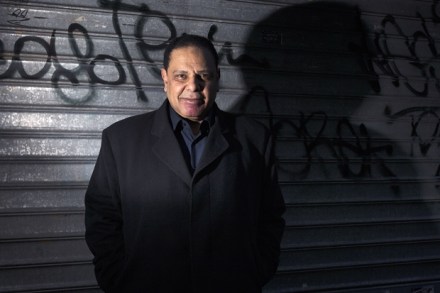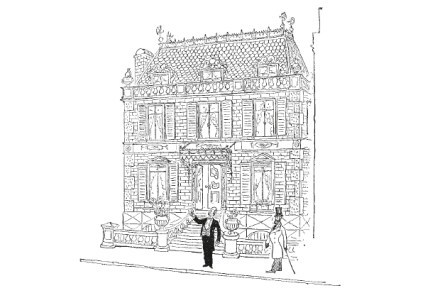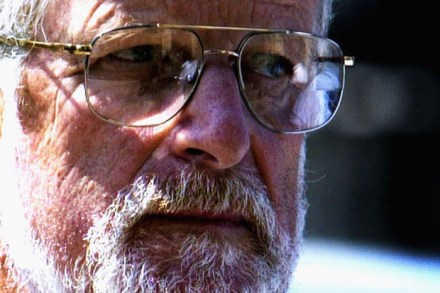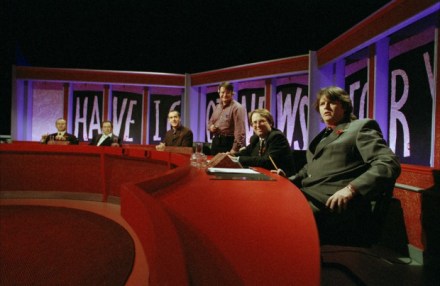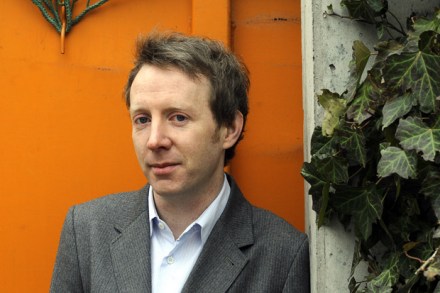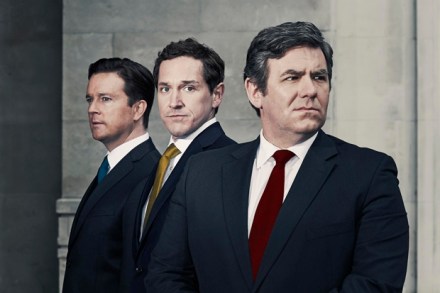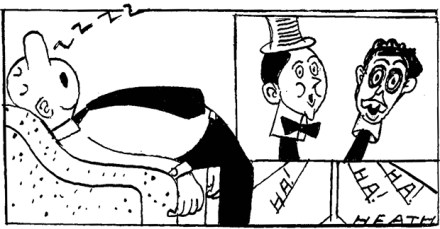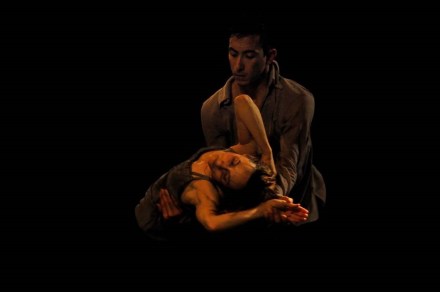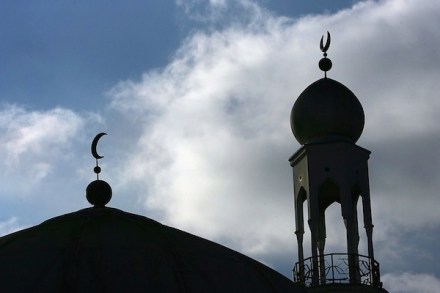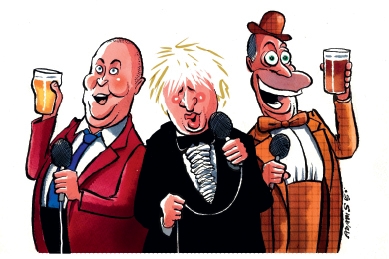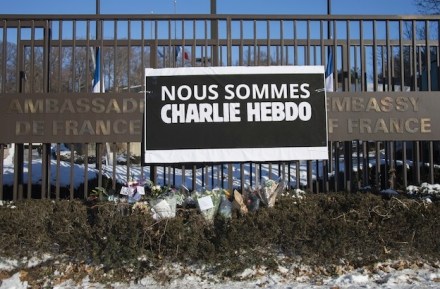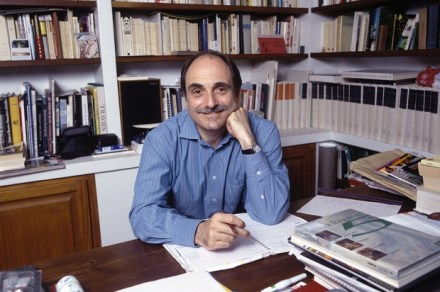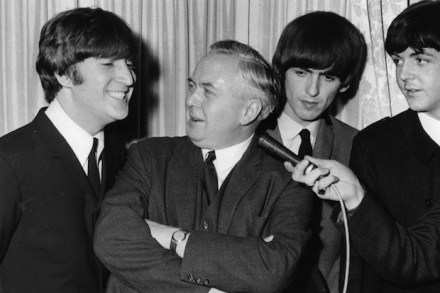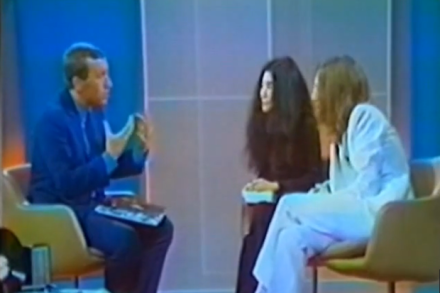Laughter and tears
The Yacoubian Building, the first novel of the Egyptian writer Alaa Al Aswany, sold well over a million copies in 35 languages, was made into a film, and turned him overnight into one of the most listened to voices in the Arab world. What followed — Chicago, set in the city in which Al Aswany did his masters degree in dentistry, and some short stories — did not have quite the charm of his sprawling houseful of driven, troubled, passionate characters trying to survive in a country of extreme social ills. The Automobile Club of Egypt is a second Yacoubian, a saga built around an institution, rich in absurdity and
